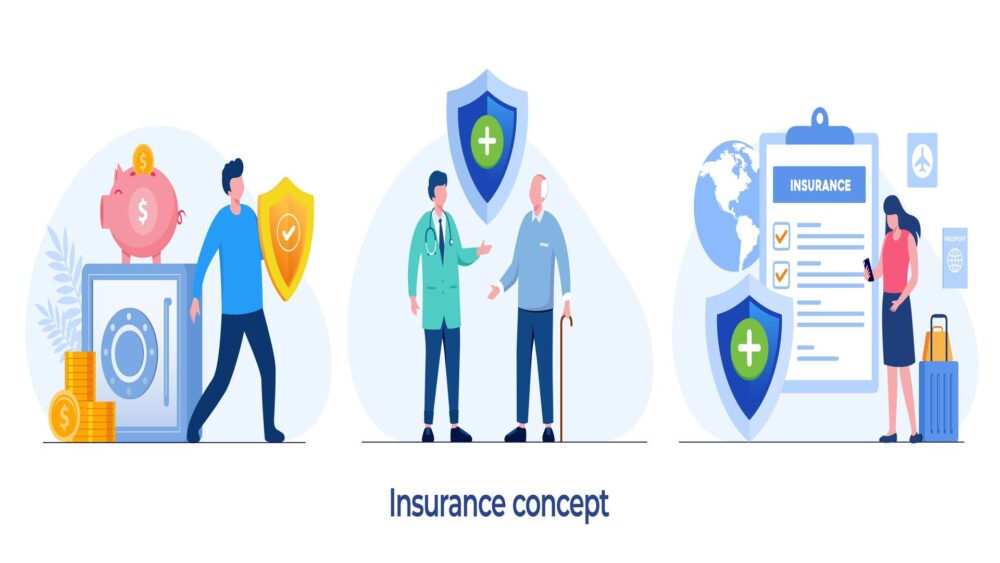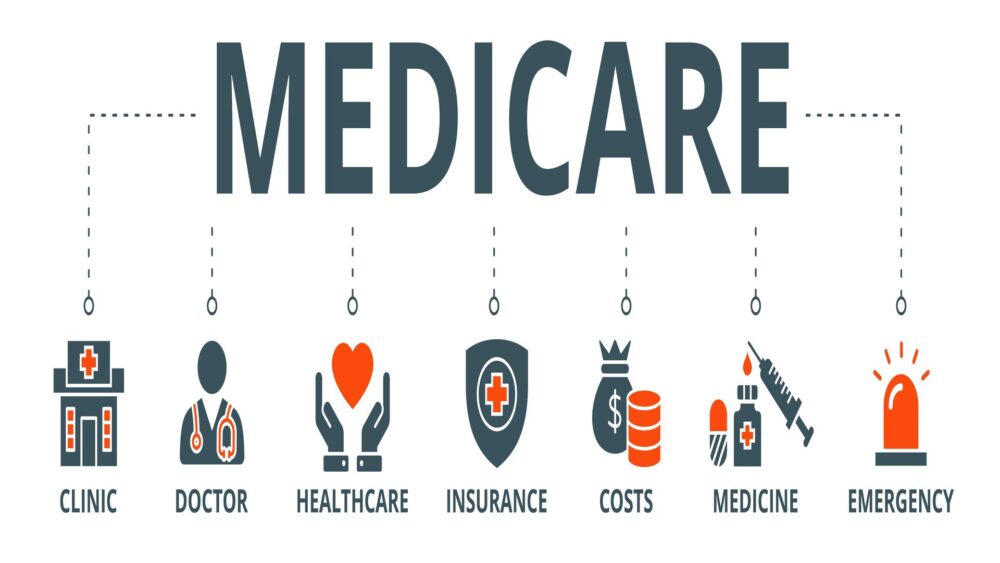
Emergencies can be terrifying, but you may not have to worry about them if you’re prepared. Do you feel like an emergency fund is more important than insurance? Or vice versa?
Well, it depends on your factors and circumstances. Would you rather get protection from life’s risks or have a cash reserve for emergencies? Let’s find out!
An emergency fund is a sum of money saved in a separate account to cover expenses or losses due to unexpected or challenging events. At the same time, insurance protects you from the financial risk of some disaster.
Both need consideration as part of a financial plan, especially for those who are just starting to establish their finances.
To better understand which one you should prioritize, here are some crucial personal finance elements to look into:
- Income
Your income is an important factor when considering how much emergency savings and insurance you should prioritize. If you’re raising a family on a minimum wage, it shouldn’t take long for you to realize that both of these things are basic safety nets.
For an emergency fund, the general rule of thumb is three months’ living expenses. However, if your income is inconsistent, it’s wise to have up to six months’ worth.
On the other hand, if you’re more financially stable, and have enough money to live comfortably, insurance is ideal since it won’t become a burden. Having insurance can help mitigate some of the financial impacts if something goes wrong.
Regardless of your income, you can definitely work something out for your insurance. Especially with an experienced insurance broker, such as a Colorado insurance broker, who will develop the best budget insurance policies that meet your contingencies.

- Savings
The amount of savings you have determines whether you should prioritize emergency funds or insurance. When you have a lot of savings, you can afford both, but when your savings aren’t enough to cater to all your current needs, you might need to choose one and let the other wait.
An emergency fund helps deal with any unexpected situation, like losing a job, an illness that requires medical attention, or an accident that destroys property. Typically, experts recommend that individuals have at least three months of income in this fund.
However, if your savings are insufficient to cover both an emergency fund and insurance premiums, you should prioritize the former because it’s more important to meet immediate needs than insurance.
Meanwhile, you can also use part of your income each month to increase your emergency fund gradually until it reaches at least three months’ worth of income.
- Investment
If you’re investing in more volatile stocks, then it’s likely that you’ll have more fluctuation in your net worth. In this case, having a strong emergency fund isn’t as important as it previously was. Because if you face an emergency, your assets may lose value, but they might recover over time.
In contrast, if you’re investing in less risky stocks or no stocks, it’s much more likely that your net worth will be stable from year to year. If an emergency were to occur and you had to drain your bank account, it would take years for you to recover that lost value.
In both cases, having a health insurance policy is the best way for you to make sure you’re prepared for any eventuality without hurting your long-term retirement goals.
- Health
If you’re uninsured, a medical emergency can wipe out your savings. If you already have a medical condition, you might be denied coverage. This is why it’s essential to plan for unexpected medical expenses by buying comprehensive health insurance.
There are many covers available in the market today which will help you deal with various kinds of expenses such as hospitalization bills, ambulance charges, medicine, and so on. In addition to this, you can also buy critical illness insurance to cover the cost of treatment for major diseases such as cancer, heart attack, and stroke.
Likewise, if your family has a history of serious illnesses or if your profession involves physical risk to life and limb, it’s advisable that you first get yourself insured before creating an emergency fund.
- Debt
If you have a lot of debt, you’ll need to figure out which risk is more important to mitigate: the chance of losing your job or the chance of facing a major medical bill. This answer isn’t necessarily obvious, as both scenarios could pose a severe financial danger.
However, if you’re dealing with large amounts of debt (exceptionally high-interest debt such as credit cards), your best course is to build up an emergency fund first and then get insurance later.
Conclusion
If you decide whether to prioritize an emergency fund or insurance, these factors should play a significant role. The more debt you have and the less income your family makes, the more critical it is to have an emergency fund.
However, if you have enough insurance coverage, it might make more sense to delay saving for an emergency fund and focus on paying off debt. In the end, the only solution to this issue depends on how motivated you are to secure your future.




Comments